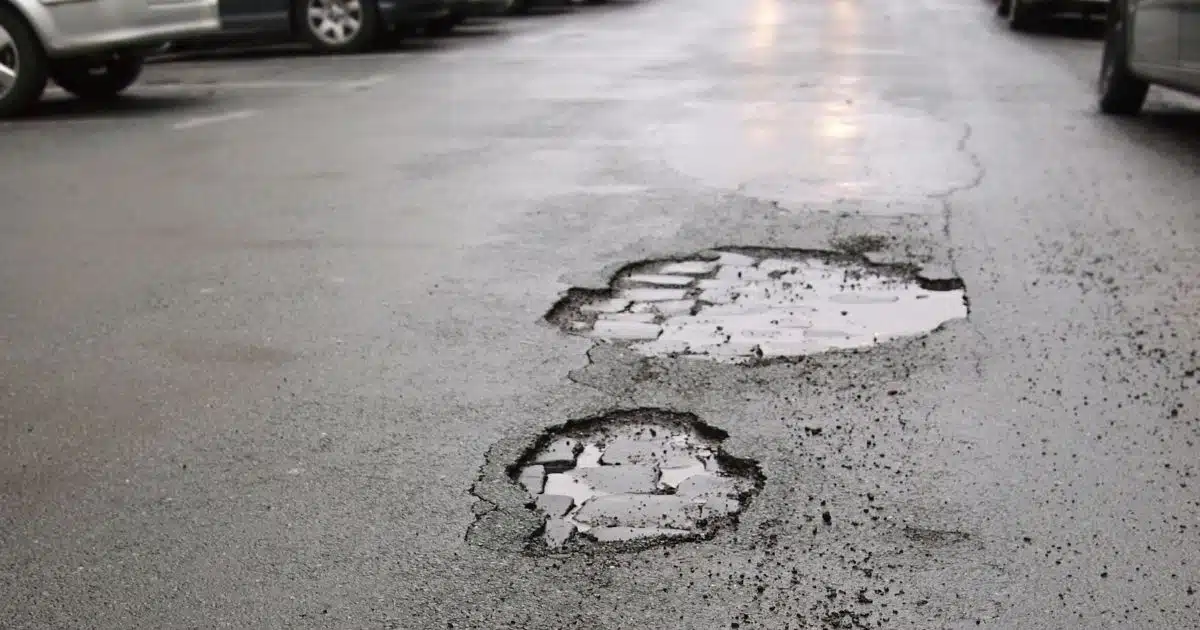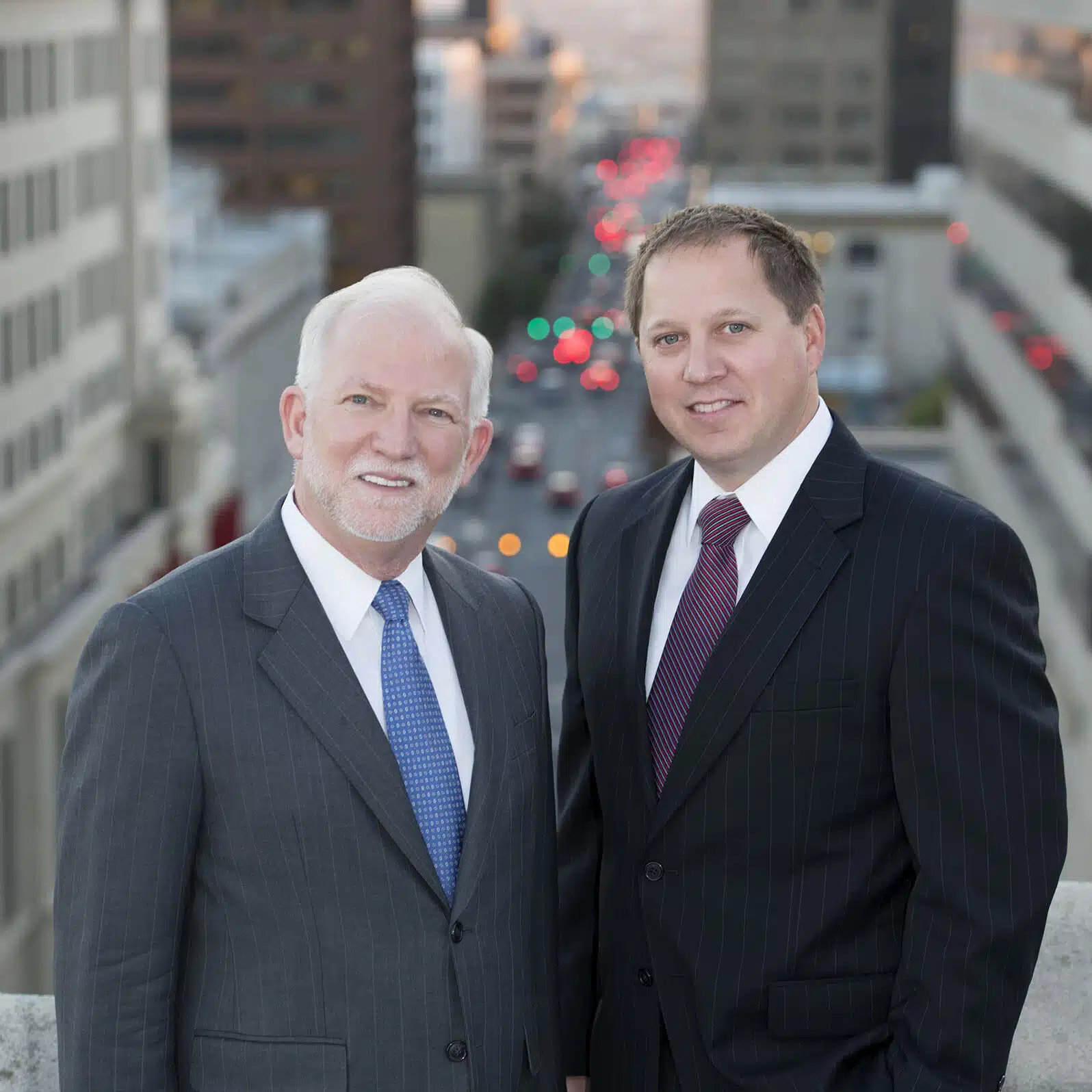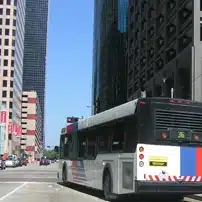Whenever a roadway has a defect in its surface, it has the potential to cause a driver to lose control of a vehicle. These defects can include potholes – the larger and deeper the pothole, the more likely it is to cause an accident. A pothole could damage a tire, wheel, or suspension parts. A pothole might crumble and cause a chunk of asphalt or concrete to break loose and strike a vehicle. Potholes could cause accidents in many ways, from causing force a driver to swerve to miss them and hit another vehicle to causing a tire blowout and loss of traction.
Forbes recently reported potholes cost about $3 billion in damage every year on U.S. roads. Depending on the situation, the pothole might trigger third-party liability. If that is the case, a skilled car accident lawyer can help you navigate the situation by defending your rights.
Auto Insurance Might Cover Pothole Damage
If you carry collision and comprehensive auto insurance on your vehicle, any damage that a pothole causes should be covered by your auto insurance. You likely would have to pay a deductible, which makes it important to know the cost before you choose to file an auto insurance claim.
If the repairs are about the same or less than your deductible, then you cannot file a claim for damages. When the damages are costly to repair, then it makes more sense to file a claim and recoup at least some of the cost for repairing your vehicle.
You also can consider adding road hazard protection for your tires and wheels. A pothole could damage your tire and cause a blowout, tread separation, or other damage that requires you to replace the tire and maybe the wheel. Road hazard insurance generally applies in such situations.
When Third-Party Liability Might Apply?
Potholes occur on roadways and paved areas. Whoever owns and controls the roadway is responsible for maintaining it to ensure maximum safety – usually a department of public safety or local government unless the pothole is on a privately-owned road or driveway.
When the pothole is on a public road, the governmental body that is in charge of it could be liable for damages or injuries caused by a pothole. If a pothole causes significant damage, you might be able to successfully file claims for damages with the respective governmental body. An experienced Delaware car accident lawyer could help you to identify potentially liable third parties.
Many municipalities and other governmental units hire contractors to maintain roads. When a contractor negligently allows a pothole to form and does nothing to correct it, the contractor could be liable for damages.
When the pothole is in a private roadway, parking lot, or driveway, the owner could be liable for damages or injuries caused by a pothole.
Liability Is Not Automatic
When a pothole forms, it does not immediately place the owners or operators of the roadway or other paved surface in a position of liability for damages. They are allowed time to learn of the issue and correct it in a reasonable manner and amount of time.
Only when the pothole is known does liability become a potential issue. The duty of care requires those who own and control a roadway to keep it in relatively safe condition. If a pothole is reported and nothing is done to correct the problem, then a violation of the duty of care might occur.
When a violation of the duty of care causes harm, such as damaging a vehicle, injuring passengers, or triggering an accident, then liability becomes a more viable concern.
You could show a violation of the duty of care if a pothole has been reported but ignored and resulted in damage to your vehicle and any other harm that might occur.
You could prove those damages with repair bills on your vehicle. If you somehow suffered an injury, your medical bills also could show harm caused by the violation of the duty of care.
Drivers Should Avoid Open and Obvious Potholes
Many potholes are easy to see, which makes them easier to avoid while driving. If a pothole is considered to be “open and obvious,” drivers should be able to see it and avoid it.
An open and obvious pothole might negate any potential third-party liability for any damage that it might cause. Whether or not a pothole is open and obvious certainly could be debated. For example, you might be driving at night and incapable of seeing a pothole due to darkness and shadows created by your headlights. A pothole would not be obvious in such a situation.
If a pothole is marked with an orange cone, spray paint, or another marker, then it should be more open and obvious. Striking a marked pothole likely would not trigger third-party liability because it was open and obvious.
What If a Pothole Causes a Vehicular Collision?
A pothole might cause a driver to slam on the brakes or swerve suddenly. While the driver might be liable for causing an accident, the pothole might be a contributing factor. When a pothole contributes to causing an accident, the entities who control it could be partly liable for causing the accident.
If a pothole contributed to causing you to survive a vehicular accident, an experienced Delaware car accident lawyer could help you to gather supporting evidence and file a strong claim for third-party liability. Any offending driver still would be partly liable for causing the accident, but the pothole could be a contributing factor.
Whenever a pothole causes an accident or damage to your vehicle, you should try to take photos or video of the pothole. That evidence could help to show the size of the pothole and whether or not it was open and obvious. An attorney also could help to check governmental records to see if other motorists have reported the pothole for possible third-party liability.
Delaware Car Accident Lawyers at Rhoades & Morrow Help Pothole Accident Victims
Our skilled Delaware car accident lawyers at Rhoades & Morrow are experienced in personal injury cases of all manners and are ready to help you with your unique situation. Call (302) 427-9500 or complete our online form to schedule a free consultation at our Wilmington, Delaware, law office. With offices in all three counties of Delaware, we service clients throughout the state.





